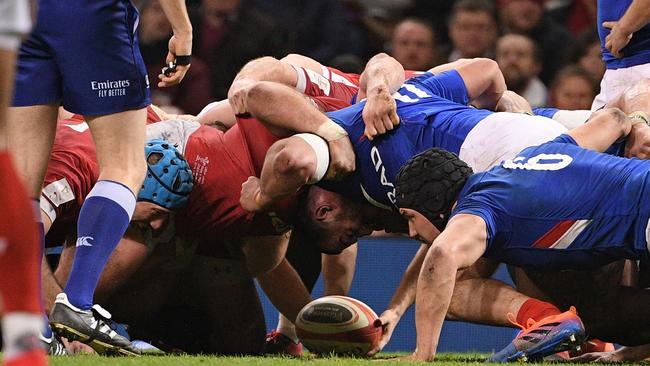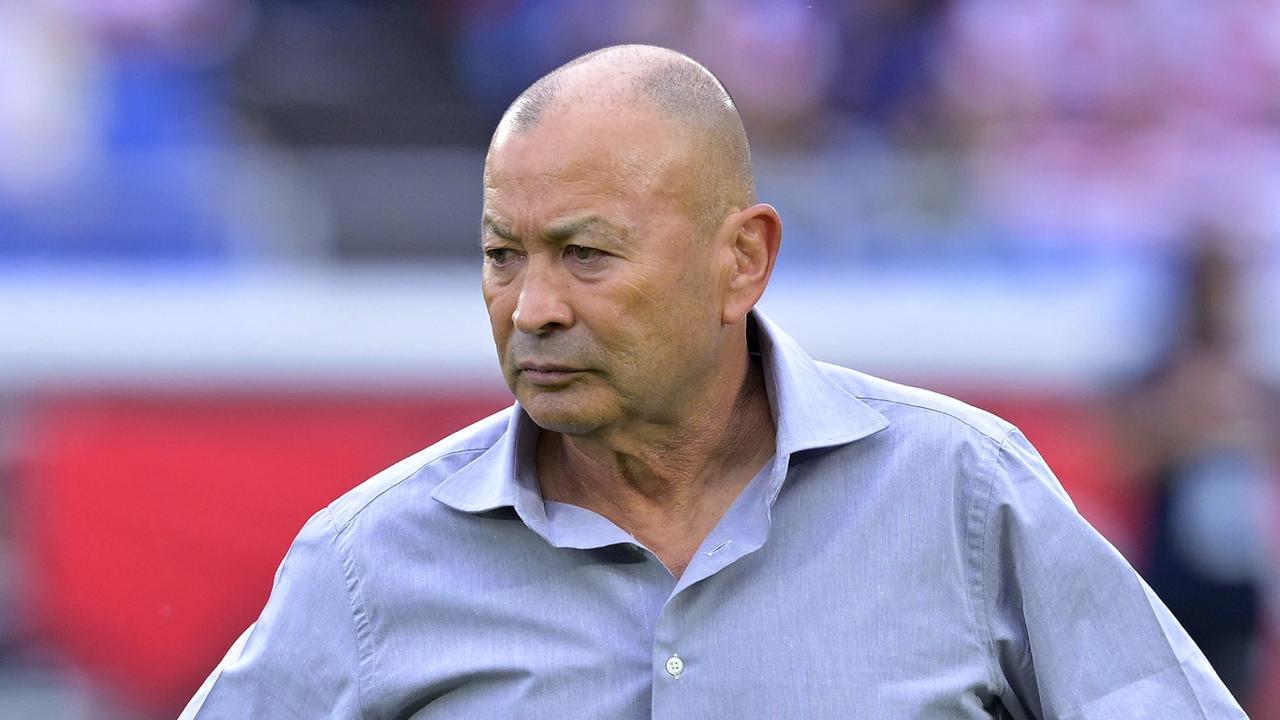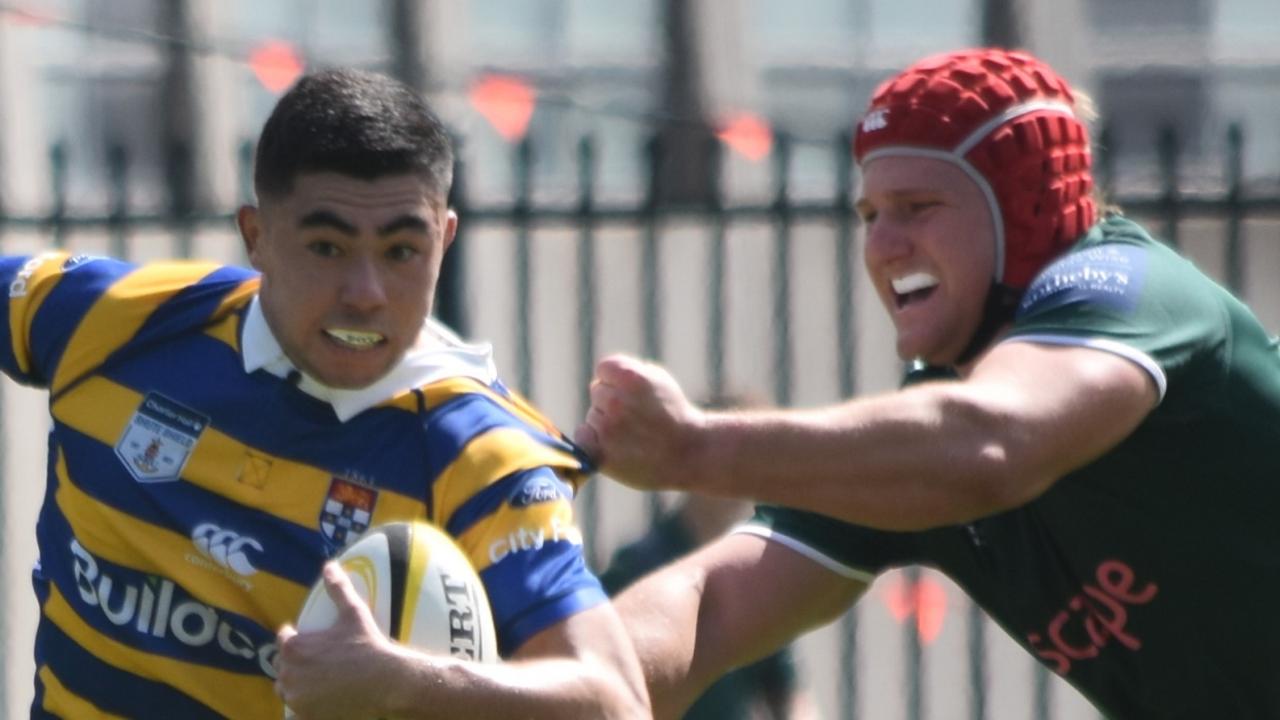
Geoffrey wrote, “I enjoyed reading your summary. It covered a lot in a relatively short space. I agree that the Folau saga has basically brought Rugby Australia undone. Journalists have played their part as well. Had the media chosen not to report and run with an obscure post that a minuscule number of people would read, then none of the extraordinary virtue-signalling would have occurred. I see the whole pile-on as unworthy of the journalists’ profession and, frankly, lazy.”
Wrote Andrew, “For those of you continuing this anti-Folau and anti-Christian crusade, perhaps you might pause for a moment to recognise that you are fostering precisely that which you claim to have fought so hard to overcome — the closeting of individuals for their identity and beliefs. If you can take that moment to arrive at that realisation, you’ll see this issue won’t be resolved until we can all get on. That means tolerating the view of others, including their right to express it.”
But with the Folau episode somewhat in the background, other issues emerge.
Sadly, I suspect the same incapacity to deal with the new issues, as has been evidenced in dealing with earlier issues.
World Rugby is on the brink of its biggest reinvention since the game went professional in 1996; but times of great change provide reservoirs of great opportunity.
To properly minister to the future, we need to review the past and chart a fresh new course based on the world as it is in 2020, not as we would like it to be.
But I am encouraged to note that even the architects of indifference within Rugby Australia read and take on board some of what I say, though they would dare not admit it.
For example, I have written about this ridiculous Giteau law where, to put it simply, players are disqualified from playing for Australia because they have taken off overseas.
It was always a nonsense argument. I always took the view that Australian rugby selectors had one abiding obligation — to pick the best team. I will never resile from that view. I don’t care where they are playing or where they have been playing.
But now with the defection of many of our best players to overseas teams, attracted by handsome contracts, some common sense might prevail and someone in a new administration might just say, if we want Australia to be seen at its best, let’s pick the best.
The first step into the future should see us taking stock of what we stand for and articulating our shared rugby values.
We have seen what greed and corruption can do as the mighty English club Saracens have been caught cheating the Premiership Rugby salary cap.
Of course, in many ways, this is a consequence of the game “going professional” without ever defining what “professionalism” is.
If our game is based on genuflecting to the holy dollar, then we may well soon abandon the permanent culture of our game based on integrity, respect, honesty and excellence.
Basically, good people make good rugby players.
Nothing new here.
Of course, we are going to have to reinvent our game embracing private equity partners such as CVC. But we don’t have to surrender our values.
We must never depart from the essential focus on developing good people in our game and, through that focus, develop a game worthy of public support.
If we have a strong sense of what we stand for, where we come from and what we believe in, we will have no trouble making some of the big decisions our game will need to make.
The most pressing of these is the introduction of a global rugby season. This is something that CVC will be seeking.
We must not baulk. But as my old man used to say, if you want a good outcome you might have to give something in return.
Once CVC completes its 30 per cent acquisition of European Rugby through its investment in the English Premiership, the Pro 14 and the Six Nations Championship, this will be their No 1 goal.
The southern hemisphere nations will be the most affected by the global calendar.
That we must accept, or be left behind. We also must accept that the advertising revenue in Europe is very strong so the northern hemisphere broadcast deals will always be massive in comparison with ours.
As I have written before, southern hemisphere nations will have to adopt the northern hemisphere season.
Instead of fighting for market share with both the AFL and the NRL, rugby in Australia would be pitched against the Big Bash and the A-League.
I venture to say that in a “global season”, World Rugby would look at three conference zones around which they would base their global international and club competitions.
As I have suggested before, clearly South Africa would join the European conference because they are in the same time zone — and that matters to advertisers in live sport.
Australia, New Zealand and Japan would surely form an Australasian conference for the same reason.
Argentina would join Canada and the United States in the Americas conference.
These three conferences all have big populations and, therefore, potentially big broadcast deals. It’s not impossible to imagine that a World Club Championship could be played in the first half of the global season and a World International Championship in the second half.
CVC knows that its $1bn investment in northern hemisphere rugby is riding on its ability to shape change in our game — change that we seem incapable of thinking of, let alone effecting.
We have to make our game more appealing to a wider audience. Think of this. In our game, the ball is in play for less than 50 per cent of the time. Why would you watch?
The biggest time-wasting part of the game is the scrum, ever since we allowed referees to determine when the scrum should pack.
We don’t need to abandon scrums or de-power them in the way the NRL has done, but we have to do something.
The first thing I would do is change the length of a game to 90 minutes. We have been playing 40 minute halves since 1929.
The players are fitter and stronger than they were almost 100 years ago.
Soccer matches are 90 minutes long and have been since 1860.
Making the game longer is more effective than tinkering with the scrums themselves.
However, I would not have referees continuing to determine when the scrum should form.
If a professional rugby game is 90 minutes long, it follows that the game is more valuable for broadcasters and advertisers.
People who love sport want us to give them more of what they like and, at the same time, grow revenue for our game.
Then, of course, there’s the refereeing. People watch matches these days and think they’re not fair contests.
In recent times, there has been a reluctance to use neutral referees in Super Rugby, presumably to save money. The resulting statistics are alarming.
Last year, the South African referee Egon Seconds blew a 20 to 1 penalty count against the Rebels in their match against the Lions at Ellis Park. But South Africa are not alone on this front.
I watched a prominent Australian referee make a few favourable calls with the whistle very recently for an Australian Super Rugby team. That same referee has had some heat for his performances in the Rugby Championship as well.
It’s easy to fix. Use neutral referees and take away any question about the validity of the outcome.
Then we have game management. We can’t go on with five-minute stoppages to check the legality of a tackle. I’m not in favour of the TMO. We can overdo this technology business. Sometimes I wonder why we even need the referee. Everything goes “upstairs”. We’re overdoing it. Trust the referee’s judgment.
If need be, put a player on report where the incident could be thoroughly reviewed, but get on with the game. No one will sit through 10 replays of a mistimed tackle.
One major area that needs to be addressed by World Rugby is participation. In most households, mums decide what sport the children play. And mums will exercise the right of veto.
When some commentator starts arguing on air that “the Waratahs should win the collision tonight”, mum turns it off. If we want parents to encourage their kids to play rugby, we must address the issues around head knocks and neck injuries.
But, for anyone who ends up in a wheelchair through the kind of accident that can happen any day, we must accept the commitment to look after them for life. Under the current insurance policy, a player who ends up in a wheelchair receives $750,000 — and that’s forever.
Families shouldn’t have to hold benefit dinners and rely on handouts to take care of their wheelchair-bound children. Front up and pay up on an appropriate insurance policy.
World Rugby will benefit greatly from the investment of CVC. But a good proportion of that money must, I believe, be channelled towards preventive measures around the issues I have raised above.
Looking after a seriously injured player for life should not be an issue. Organisations with great culture and values accept such a straightforward moral obligation.
Rugby Australia and World Rugby need to step up. These can be challenging times but they are exciting times.
Good leaders thrive in these conditions. One question remains. Do we have enough good leaders in the world of rugby?




Though not germane to what I will share with you this week, a couple of comments from last week’s column are instructive.